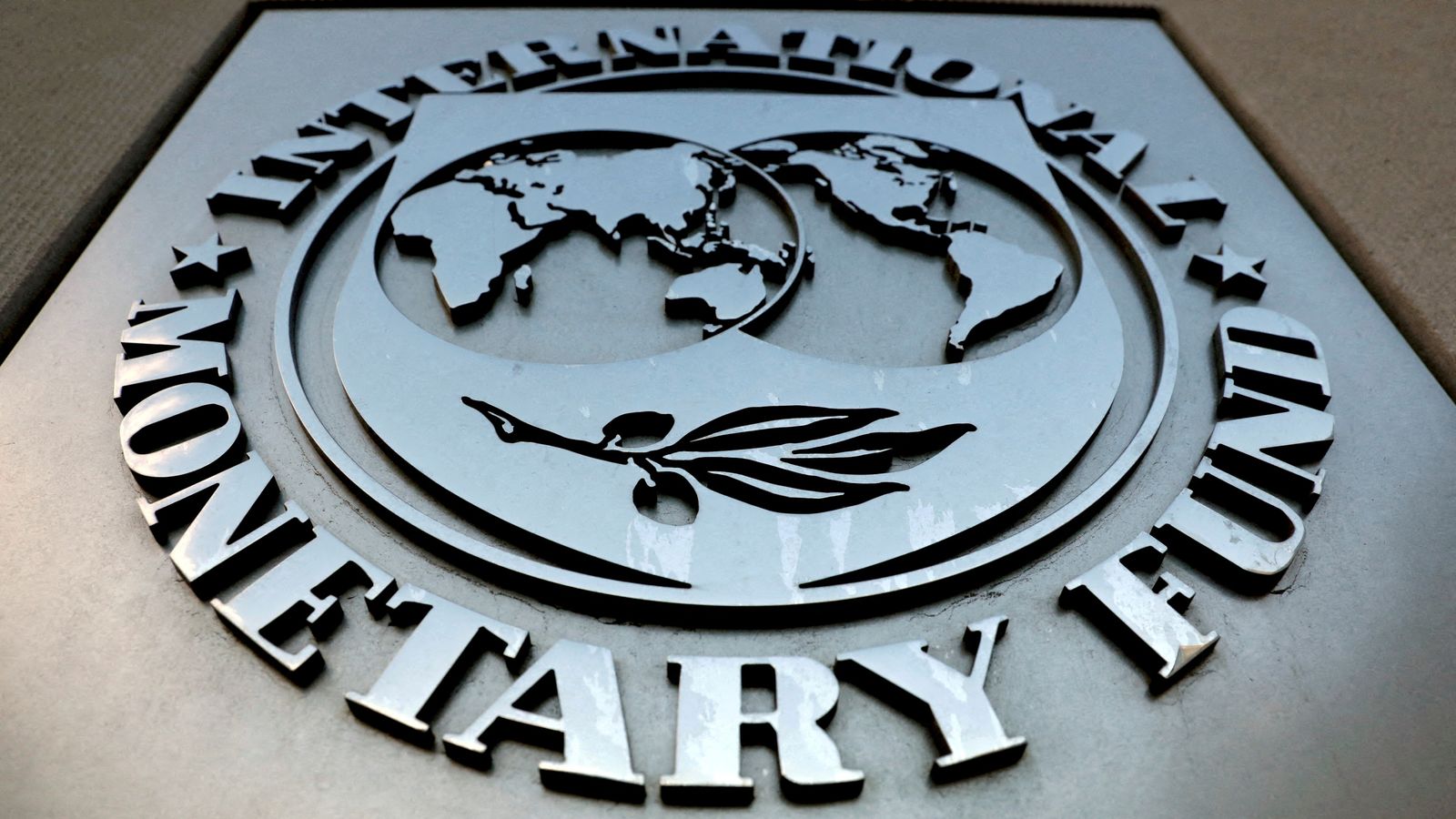
The US attorney general tried to block Sinn Fein leader Gerry Adams from fundraising in the country in 1995 over a belief the IRA was still trying to source weapons, newly released records show.
Janet Reno, the attorney general at the time, had previously opposed then-US president Bill Clinton‘s decision to grant visas for Mr Adams and former IRA chief Joe Cahill in 1994 – months after the IRA declared a ceasefire.
Mr Adams was president of Sinn Fein, which was regarded as the political wing of the IRA paramilitary group, between 1983 and 2018, but has always denied being a member of the IRA.
Mr Clinton overruled Ms Reno by giving him a three-month visa, which included permission to raise funds for the party – a move that provoked anger from then-UK prime minister John Major.
The US attorney general’s continuing opposition is revealed by the annual release of documents from the National Archives in Dublin.
In a February 1995 letter to Mr Clinton’s national security advisor Tony Lake, she expressed frustration “by the latest effort” to modify restrictions that stopped Mr Adams raising money from Irish American donors, having looked at the matter “barely six weeks” earlier.
“No evidence has been brought to my attention (since) that suggests progress has been made towards the disarmament and demobilisation of the IRA,” she told Mr Lake.
“In addition, I am aware of evidence that suggests that (the IRA) has continued to identify potential sources for arms procurement and to make inquiries concerning availability and terms of purchase.”
She also said the State Department, the US Treasury and the US Department of Justice had “recently intensified their efforts and public commitments to combatting international terrorism”, which “could be undermined by removing the Adams visa restriction at this time”.
The Sinn Fein leader applied for a visa that included fundraising permission on 22 February 1995, which Mr Clinton granted because of the progress he felt had been made.
“We have made clear our expectation that all and any funds raised will be used for legitimate political party purposes which serve to reinforce Sinn Fein’s commitment to the peace process,” a US note held in the Irish state papers shows.
According to other newly-released documents:
- Tony Blair effectively told then UUP leader David Trimble to “get lost” over a plan to hold a referendum on Irish reunification in 2002.
- Diplomatic delays tied up the return of a portrait of Daniel O’Connell – an Irish nationalist campaigner known as The Liberator – for more than two years, after concerns that the Irish parliament was only receiving a copy of the original.
- The Irish government took a dim view of some of the proposed candidates to lead key negotiations leading into the Good Friday Agreement, describing some as ineffective politicians, bad lawyers and in one case having a “bitchy temperament”.
Netanyahu’s visit to establish diplomatic ties
Separate files shed new light on then deputy foreign minister Benjamin Netanyahu‘s visit to Dublin in 1990, years before he became Israeli prime minister, in a bid to establish a diplomatic presence.
In a meeting with then Irish foreign affairs minister Gerry Collins, he suggested there was a “natural feeling of sympathy towards Israel among the Irish people”.
But he said relations had not been helped by Irish soldiers who had been killed in Lebanon while serving with UN peacekeeping forces – many of which had been blamed on Lebanese militias supported by Israel.
An Israeli embassy in Ireland was opened in December 1993, but Israel recently announced its closure.
The Israeli foreign minister accused Ireland of “antisemitic rhetoric” and of crossing “every red line in its relations with Israel”.
Ireland has recognised Palestinian statehood and announced an intention to intervene in South Africa’s case against Israel for genocide at the International Court of Justice.
Irish premier Simon Harris has rejected the claims and accused Israel of “distracting” from the deaths of children in the Gaza conflict.












